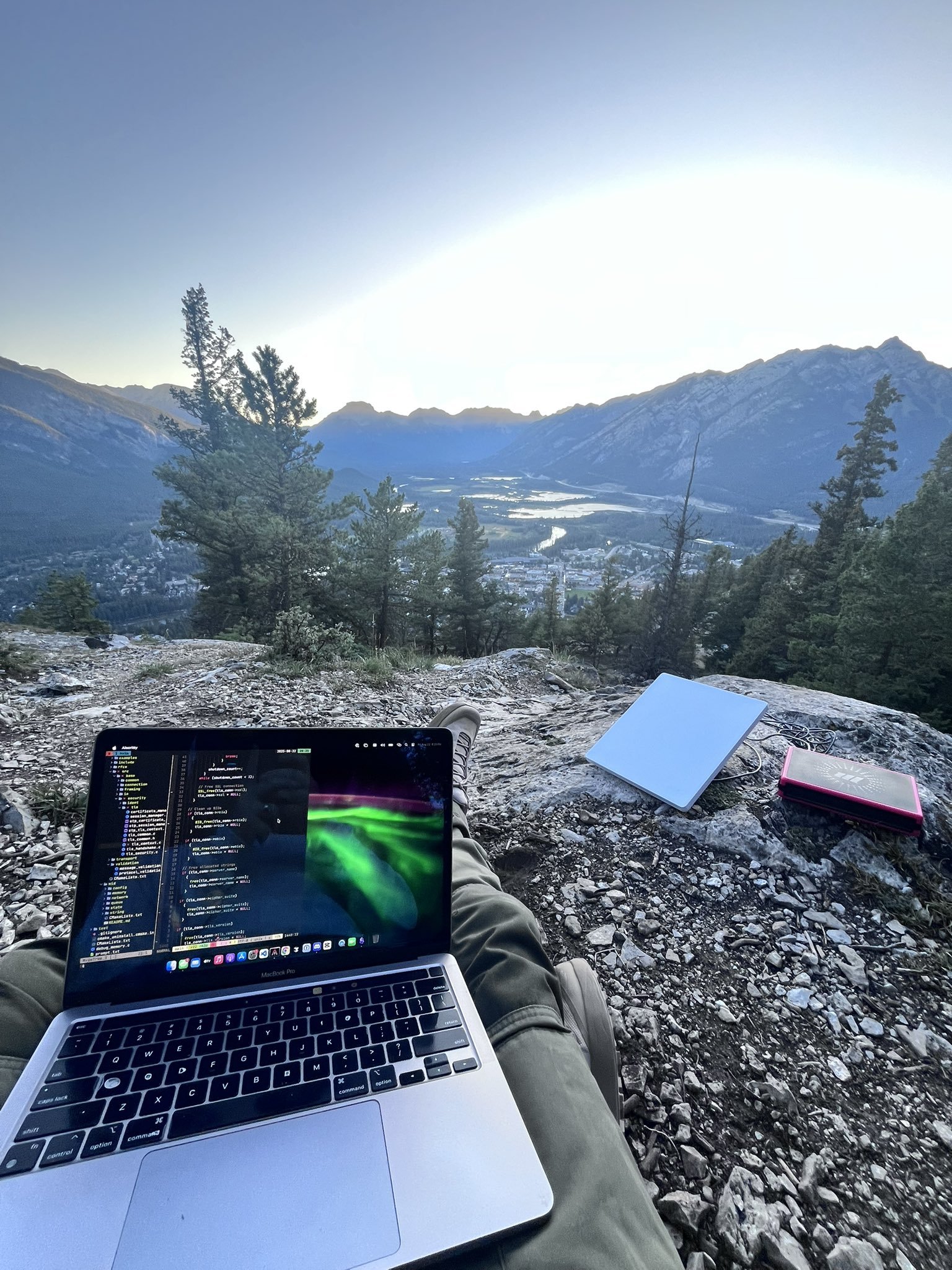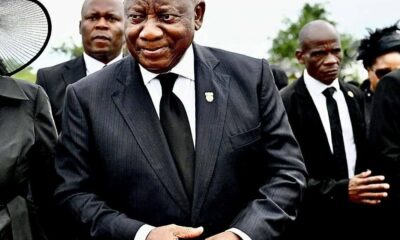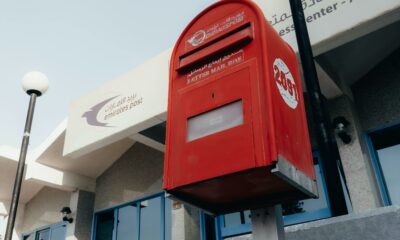A staggering economic cost is being tallied while South Africa remains disconnected from one of the world’s most advanced satellite internet networks. The blockage of Starlink’s service, due to regulatory hurdles, is reportedly costing the national economy a massive R16 billion per year. In response, the company has proposed a surprisingly modest solution: a R1 billion fix to meet local requirements and finally bring its service to the country.
The heart of the regulatory impasse is the issue of Black Economic Empowerment (BEE). Starlink’s parent company, SpaceX, is 100% owned by Elon Musk, making compliance with the 30% ownership requirement for telecom licenses impossible under its current structure.
The R16 Billion Anchor on Growth
The R16 billion figure represents more than just lost revenue for a single company. It quantifies the opportunity cost for rural businesses that can’t get online, for farmers who can’t implement precision agriculture, for students in remote areas without reliable study resources, and for the entire economy’s digital competitiveness.
This is the weight of the problem Starlink is trying to solve. It’s a problem of connectivity that is actively holding back economic growth and deepening the digital divide between urban and rural South Africa.
The R1 Billion Key
Starlink’s proposed solution is a pragmatic workaround. Instead of changing its global ownership structure, the company has offered to establish a R1 billion BEE partner fund. This fund would be used to support and finance eligible Black-owned partners who would help distribute and operate the service within South Africa.
This model separates the global ownership of the satellite technology from the local ownership of the service distribution and support ecosystem. It’s a compromise that aims to satisfy the spirit of empowerment by creating significant economic opportunities for local partners, without forcing a change to SpaceX’s international corporate DNA.
A High-Stakes Waiting Game
The proposal now sits with the regulator, ICASA (Independent Communications Authority of South Africa). The authority faces a critical decision: stick rigidly to the letter of the ownership rule and forgo the R16 billion in economic benefit, or adapt its interpretation to embrace a innovative solution that could catapult South Africa’s connectivity into the 21st century.
For millions of unconnected and underserved South Africans, the R1 billion proposal is a key. It’s a key that could unlock not just faster internet, but a world of economic opportunity, educational access, and digital inclusion that is currently being held behind a R16 billion door.




























